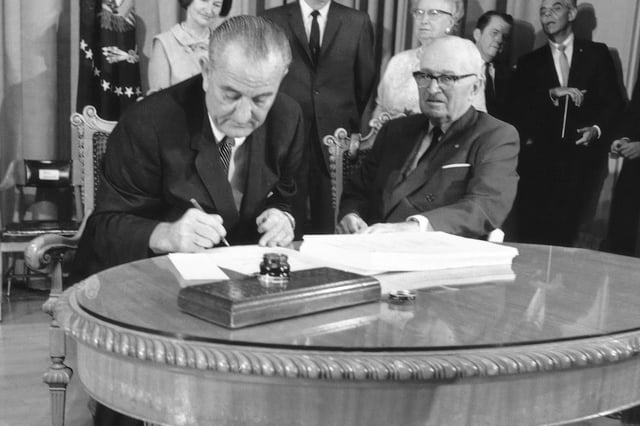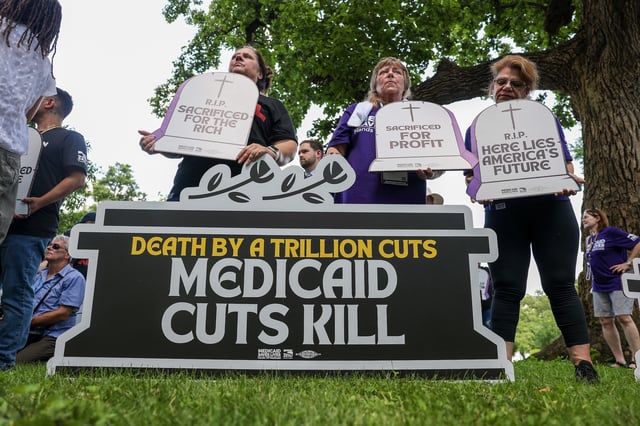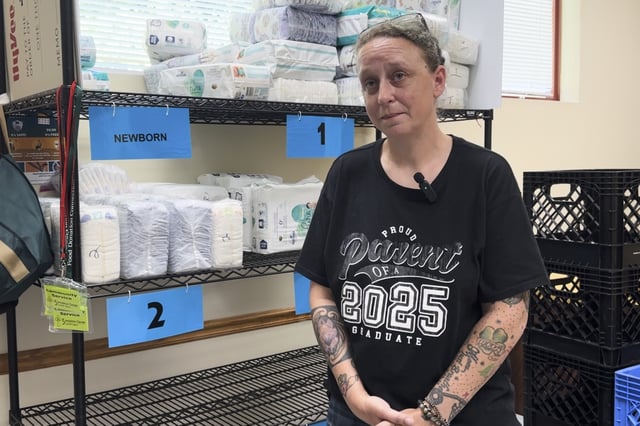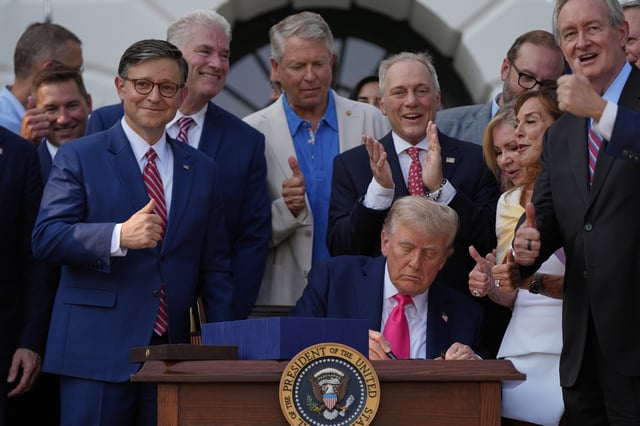Overview
- Signed by President Donald Trump on July 4, the One Big Beautiful Bill Act imposes over $1 trillion in Medicaid cuts over the next decade
- The law mandates that many Medicaid recipients, including parents of teenagers and older adults up to age 64, must complete 80 hours of work or community service each month to retain benefits
- Statutory PAYGO rules will trigger sequestration that cuts Medicare spending by 4 percent—about $45 billion—in fiscal year 2026, on top of existing provider payment reductions
- The Congressional Budget Office projects nearly 17 million more uninsured Americans by 2034 due to the Medicaid changes, and a UNC Sheps Center analysis warns that 338 rural hospitals could close beginning in 2026
- Advocates and health-care providers are urging Congress to waive PAYGO requirements as it has in 2015 and 2017 to avert the coming cuts to Medicare and other federal programs



